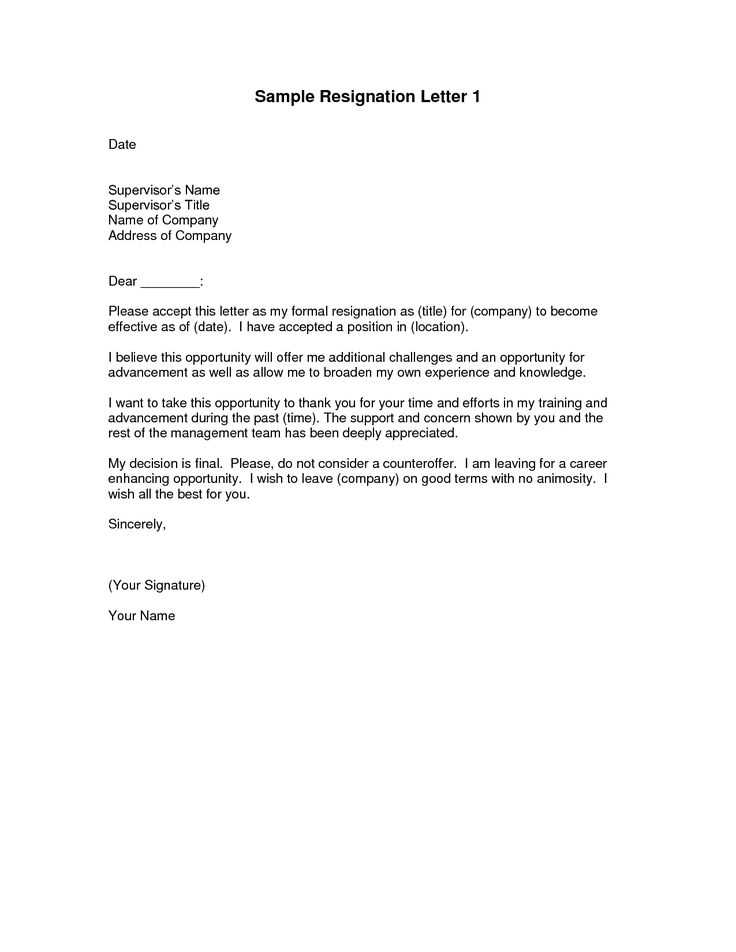
Leaving a job before completing the initial evaluation phase is sometimes necessary for various personal or professional reasons. When deciding to part ways with an employer within the first few months, it’s important to approach the situation with care and professionalism. How you express your intention to leave plays a significant role in maintaining a positive relationship and ensuring a smooth transition.
Crafting a thoughtful and polite message is essential when informing your employer of your decision. Even though the departure may come sooner than expected, delivering a clear and respectful notice allows both parties to handle the situation gracefully. Proper communication helps protect your reputation and keeps the door open for future opportunities.
Understanding the nuances of a professional withdrawal request can help avoid misunderstandings and leave a lasting positive impression. By following certain guidelines, you can ensure your message is both respectful and concise, allowing you to move forward with confidence and clarity.
When to Submit a Notice of Departure
Knowing the right moment to inform your employer about your decision to leave a role is crucial. Taking action too early might cause unnecessary disruptions, while waiting too long can create tension. Timing is key to maintaining professionalism and ensuring a smooth exit from the company.
Here are a few considerations to help determine when to make this important announcement:
- After careful reflection: Before deciding to move on, assess the reasons behind your choice. Are they based on personal or professional factors that can’t be resolved within the role? Understanding your motivations will provide clarity.
- After confirming the terms: Ensure you fully understand your obligations and rights within the first few months of your employment. This includes reviewing your contract or any relevant agreements with the company.
- At a strategic moment: Try to give notice at a point where it will minimize disruption. Avoid leaving during critical projects or when your absence could negatively impact your team’s performance.
By taking the time to consider these factors, you can make a well-informed decision about when to express your intent to move forward in your career. Proper timing allows you to exit respectfully and professionally, keeping future opportunities open.
Understanding the Initial Employment Guidelines
When starting a new role, it’s important to familiarize yourself with the expectations set by the employer. These guidelines typically outline the conditions and the evaluation process that occur within the early stages of employment. Understanding these terms ensures that both you and the company are aligned on performance metrics, goals, and potential outcomes.
The rules and structure provided by an employer in the early phase of a job usually dictate the length of time in which an individual’s performance is assessed. Knowing what to expect can help you prepare for this initial evaluation phase and guide you in making decisions about your future with the company.
| Guideline Aspect | Details |
|---|---|
| Duration | Usually lasts between one to six months, depending on the company’s policy. |
| Evaluation Criteria | Performance, adaptability to company culture, and meeting role-specific goals are often assessed. |
| Feedback Frequency | Employees typically receive feedback at regular intervals (e.g., after 30, 60, and 90 days). |
| Outcomes | Successful completion may lead to permanent employment, while failure to meet expectations could result in early termination. |
By understanding the guidelines set forth for this early stage, you can better navigate the expectations and decide on the next steps in your professional journey. Whether it’s continuing with the company or moving forward elsewhere, clear awareness of these rules helps you make a more informed decision.
Key Elements of a Notice of Departure
When informing your employer about your decision to leave the company, it’s important to structure your message effectively. A well-organized communication ensures clarity and professionalism, helping to maintain a positive relationship even as you part ways. Several key elements should be included to make the message concise and respectful.
First, begin with a clear and direct statement of your intent. Follow it with an expression of gratitude for the opportunity to work with the company, acknowledging any positive experiences gained. Next, specify the effective date of your departure to allow sufficient time for the employer to plan for your exit.
Additionally, offering to assist with the transition or to complete any remaining responsibilities can show goodwill and leave a lasting positive impression. Lastly, make sure to maintain a polite and professional tone throughout the message, ensuring it reflects the respect you have for the organization.
How to Write a Professional Notice
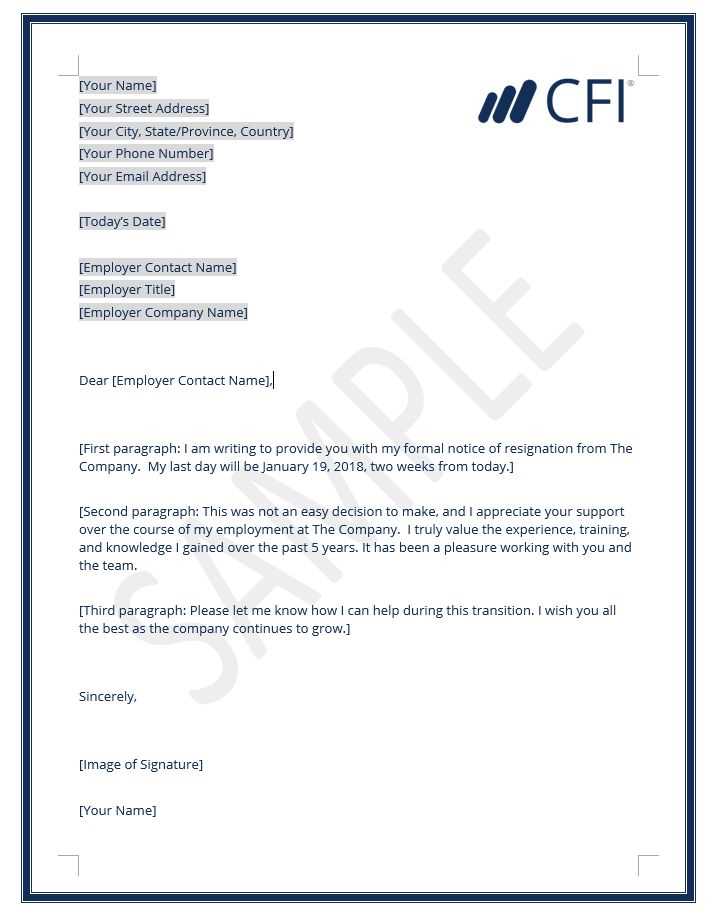
When deciding to leave a job, it’s important to communicate your decision in a way that reflects professionalism and respect for your employer. A well-crafted notice helps maintain good relationships and ensures a smooth transition. It’s essential to keep the tone respectful, concise, and clear throughout the message.
Start by stating your intent clearly, mentioning your departure in a straightforward manner. Express gratitude for the opportunity to work with the company, highlighting any positive aspects of your experience. Be sure to include the specific date of your last day of work to provide ample time for any necessary arrangements. Additionally, offer to assist with the transition or provide support to your team if needed.
Finally, close the message on a positive note, wishing the company continued success. This approach ensures your communication remains professional, courteous, and leaves a good impression as you move forward in your career.
Impact of Leaving Early from a Job
Choosing to part ways with an employer in the early stages of your role can have both immediate and long-term consequences. While it may seem like the right decision at the time, it’s important to understand the potential effects on your career and professional reputation. Depending on the circumstances, your departure can influence future job opportunities and your standing within your industry.
Effect on Professional Relationships
Leaving before completing a full evaluation can affect your relationship with your employer and colleagues. Employers may view the departure as an indication of inconsistency, especially if the reasons are not communicated clearly. This could lead to a less favorable reference or hinder your chances of returning to the same company in the future. However, if handled professionally, with appropriate notice and reasoning, the impact can be minimized.
Impact on Career Progression
While leaving early may not drastically hinder your career, it could delay your progress in some cases. Future employers may question why you didn’t complete the initial phase in your previous role, requiring you to explain your decision. It’s essential to be prepared to address these questions and highlight the positive aspects of your career journey when discussing your past roles.
Handling the Conversation with Your Employer
When making the decision to move on from a role, one of the most important steps is having an honest and respectful conversation with your employer. This discussion can be challenging, but approaching it with professionalism and clarity will help ensure a smooth and constructive outcome. It’s important to be prepared for the conversation and to handle it with care to leave on good terms.
Preparing for the Discussion
Before you speak with your employer, take time to reflect on your reasons for leaving and how to express them diplomatically. Be clear about your decision and ensure you have a good understanding of any obligations you may need to fulfill. Think about the timing of the conversation–ideally, it should take place in a private setting, allowing both parties to speak openly without distractions.
Communicating Respectfully and Professionally
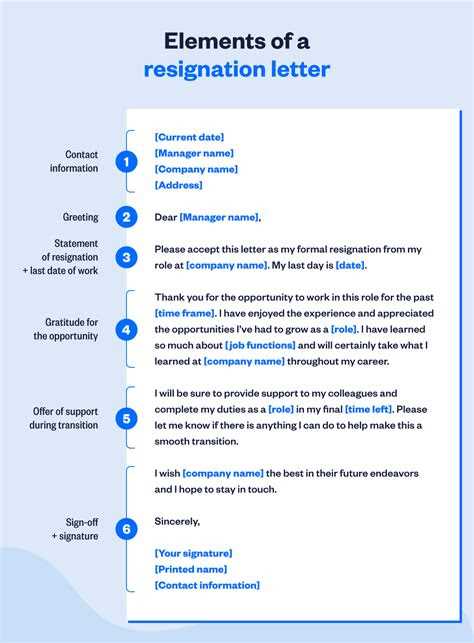
During the conversation, maintain a positive tone and focus on gratitude. Acknowledge the opportunity and any valuable experiences you gained, even if you are leaving due to challenges or dissatisfaction. Express your willingness to help with the transition process, offering to assist in any way you can to ease the handover of your responsibilities. Being courteous and professional ensures that the conversation remains constructive and that you leave the company on good terms.
Common Mistakes to Avoid
When deciding to leave a job, there are several missteps that can negatively impact your professional reputation and future career prospects. Avoiding these mistakes will help ensure that you part ways with your employer on good terms, maintaining a positive relationship and leaving a lasting impression. Here are a few key mistakes to watch out for during the process.
Not Giving Enough Notice
One of the most common errors is failing to provide sufficient notice of your departure. Leaving abruptly without allowing your employer time to prepare for your exit can create unnecessary difficulties for the company. Always be mindful of company policies regarding notice periods and try to give as much notice as possible to ensure a smooth transition.
Leaving Without Offering Assistance
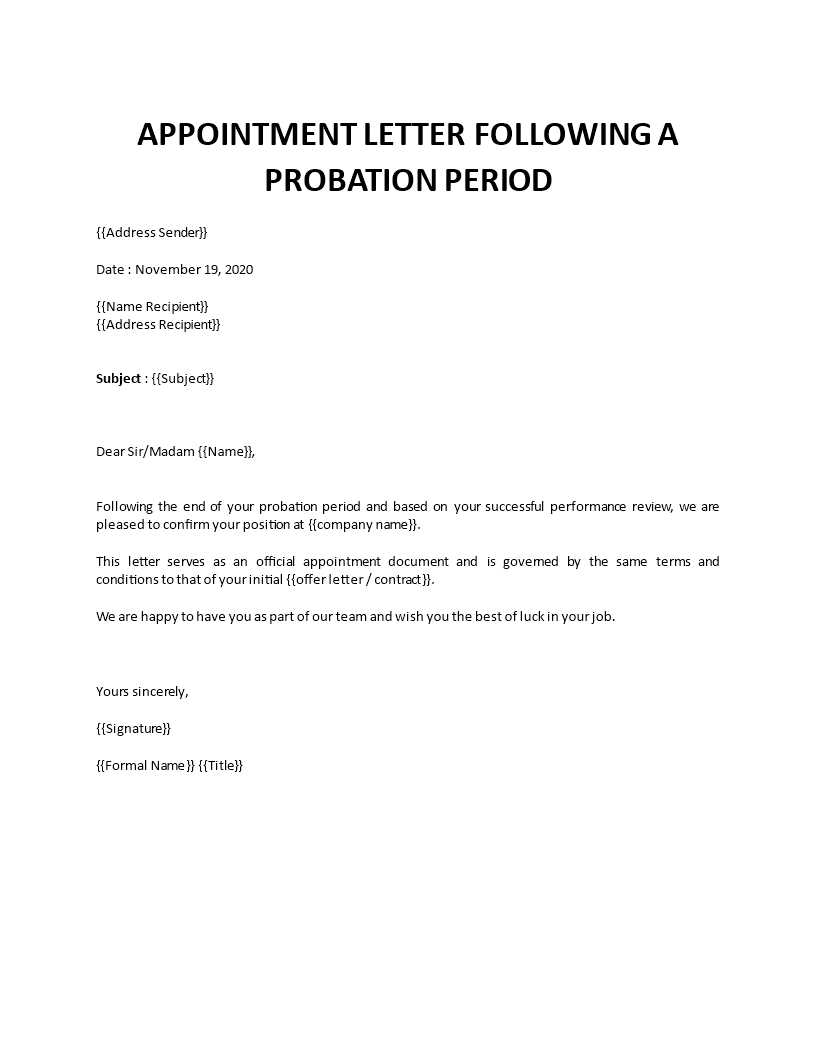
Another mistake is neglecting to offer assistance with the transition process. Employers appreciate employees who show a willingness to help wrap up ongoing projects or assist in training a replacement. Even if you are ready to move on, offering to support the transition demonstrates professionalism and goodwill, leaving a positive impression behind.
Tips for Writing a Clear Notice
When deciding to communicate your decision to leave a role, it’s essential to express your message clearly and professionally. A well-written notice ensures that your message is understood and that you leave the company on good terms. Here are some practical tips to help you create a concise and effective notice.
Be Direct and Concise
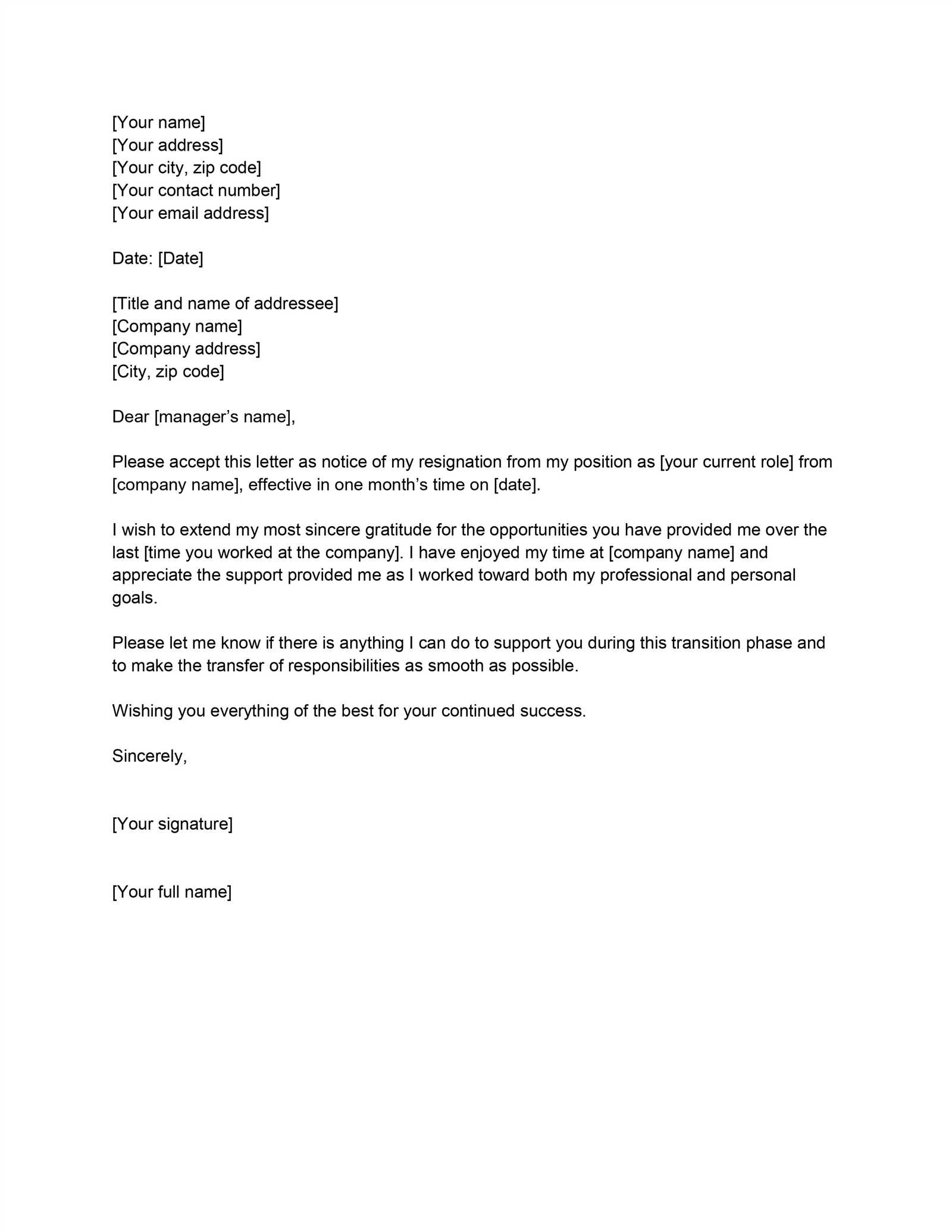
It’s important to get straight to the point without unnecessary details. Be clear about your decision to leave, including the effective date of your departure. Avoid lengthy explanations and focus on keeping the message straightforward.
- Start with a direct statement of your intent.
- State the date of your last day of work.
- Avoid over-explaining your reasons for leaving.
Maintain a Professional and Respectful Tone
Even if your experience at the company was less than ideal, it’s essential to maintain a polite and respectful tone. Express gratitude for the opportunity and acknowledge any positive aspects of your time with the company.
- Thank the employer for the opportunity.
- Keep the tone formal and courteous.
- Avoid negative comments or complaints.